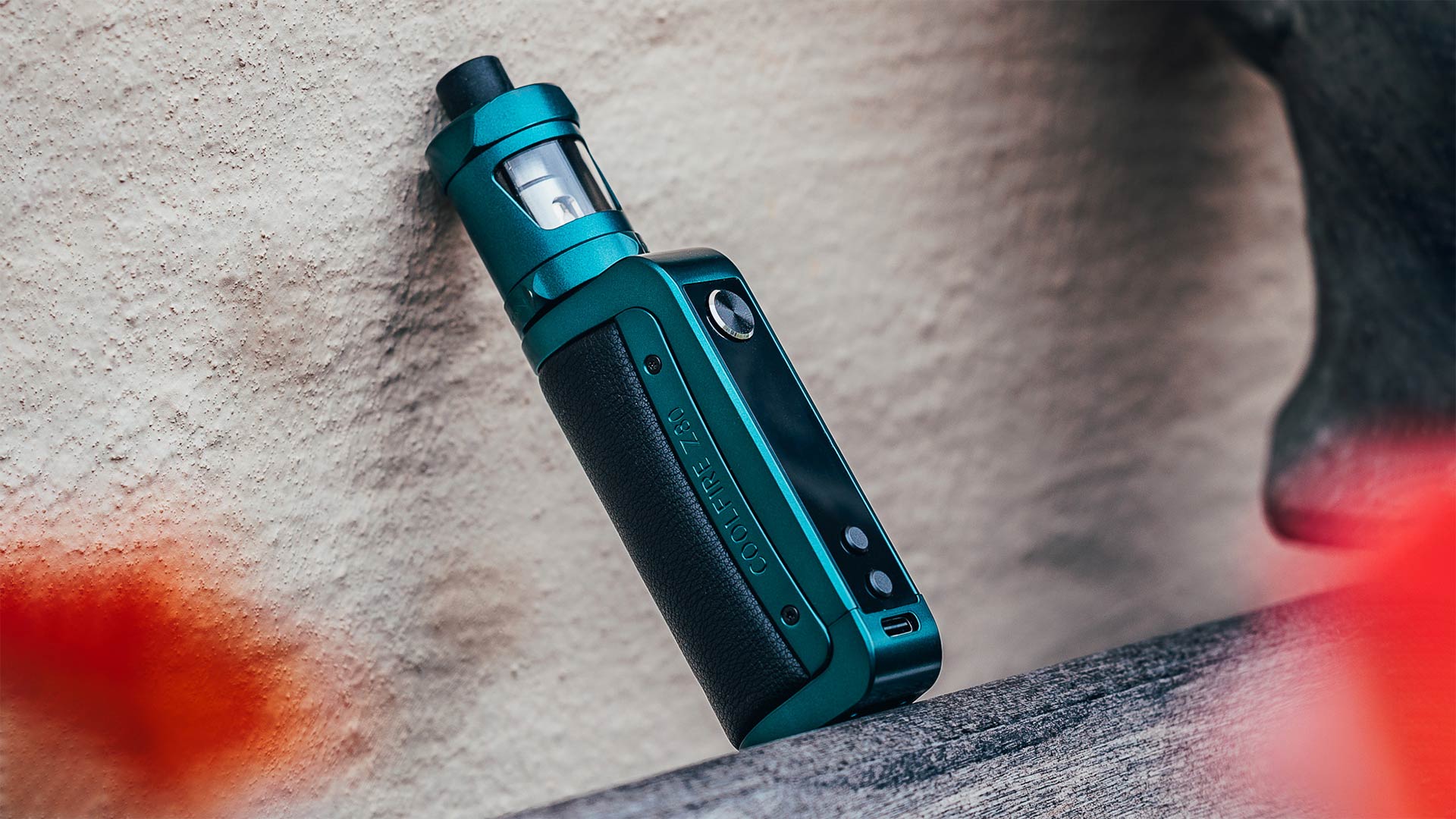Oscar Cheng (9) | STAFF REPORTER
Written May 2023
Hot beverages such as coffee and tea are currently considered soups under tax law regulations, as well as hot food products. Despite its common category, one proves to be better than the other.
As one of the most popular caffeinated beverages, coffee is a morning essential for many and is also enjoyed hot or iced at any time of day. The majority of coffee drinkers add at least some cream and sugar, adding 60 to 130 calories to a small, eight ounce-drink.
Recently, the main motive behind surging coffee consumption is the Pressor effect of caffeine, increasing blood pressure among individuals by elevating vascular resistance. As a result, this central nervous system stimulant provides people with energy to kick start and make it through their day. However, the downside of drinking coffee is a notable crash after the Pressor effect wears off. And as with all stimulants, the body becomes more tolerant, resulting in greater doses of caffeine consumed to feel the same stimulating effect.
The effects of coffee are commonly associated with negatively affecting sensory receptors, yet studies have shown that coffee can support brain health. Studies have shown that regular moderate coffee consumption lowers the risk of Parkinson’s disease, dementia, and cognitive decline.
Tea has reigned as the “most popular beverage” for centuries, as it has been integrated into many cultures and traditions around the world thanks to the dated influence of the British Empire. Similar to water, tea has a near-caloric value of zero, making frequent consumption more reasonable than alternative caffeinated beverages.
Although tea leaves contain higher concentrations of caffeine, the process by which tea is usually steeped and brewed makes it so that less caffeine is extracted. Hence, tea is often not as intense as coffee, but the effects of caffeine last longer throughout the day. The crash when the effect wears off is also significantly milder, meaning tea is better for sustaining and initiating productivity.
In addition to its caffeine superiority over coffee, tea is a very healthy drink when consumed with natural ingredients. There are a variety of teas that help with skin health, stress, cardiovascular health, sleep, digestion, immunity, oral health, and anti-inflammation. Tea is also known for having more antioxidants than coffee, thus tea is more effective at counteracting oxidative stress in human cells while helping cells to recover and remain healthy.
The verdict is simple; tea is overall better and healthier for its multiple beneficial properties. As social attitudes transition to more health-conscious mindsets, tea is the number one beverage for a healthier lifestyle.



